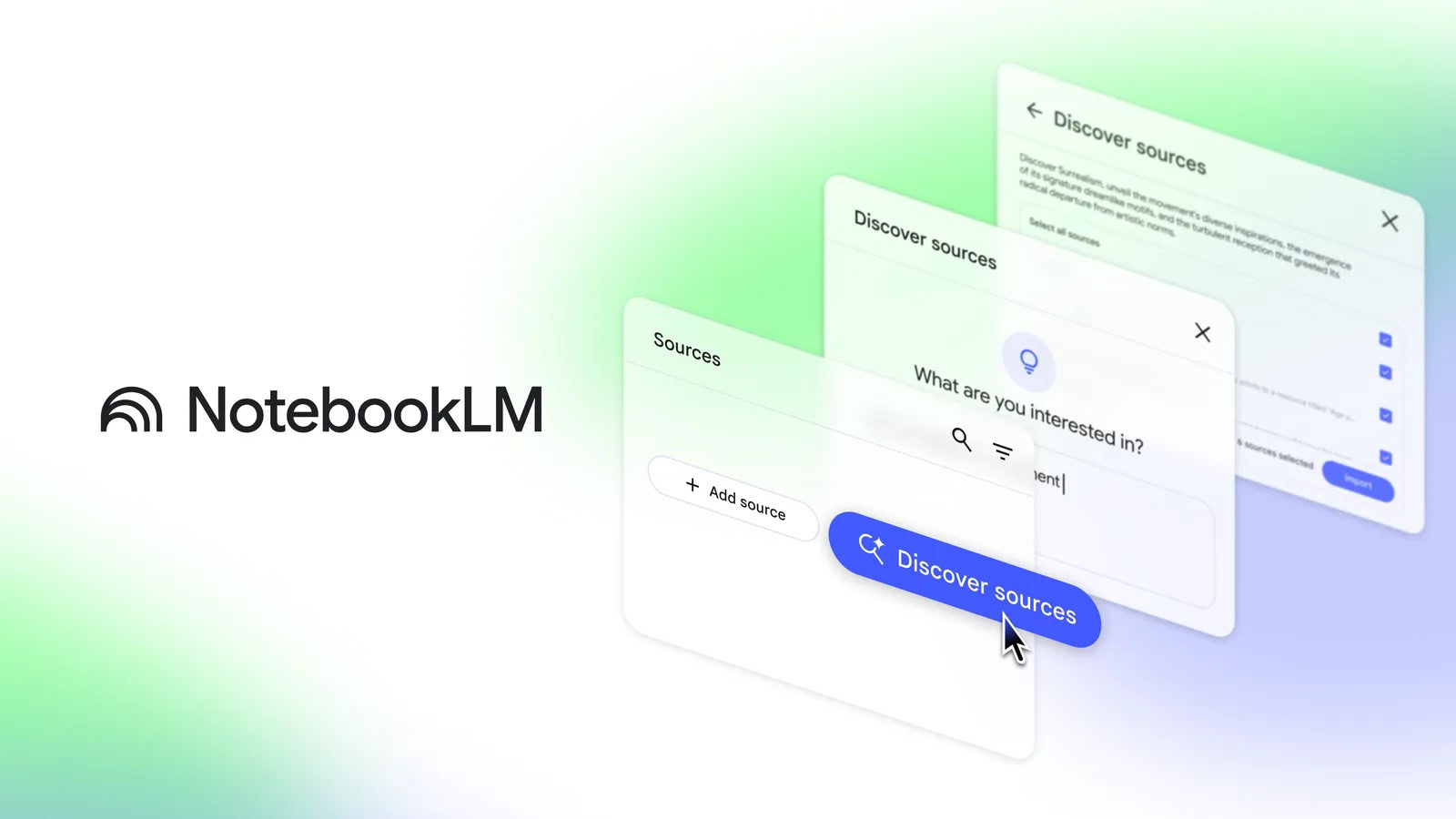The Evolution of Healthcare Software Development: Transforming Patient Care and Operational Efficiency
Explore the transformative impact of healthcare software development in modernizing patient care and boosting operational efficiency. This article delves into the latest trends, such as AI, telemedicine, and data integration, while addressing key challenges like data security and system interoperability. Discover how advanced software solutions are shaping the future of healthcare and why investing in these technologies is crucial for enhancing care quality and operational effectiveness.

In the rapidly advancing field of technology, healthcare software development has emerged as a crucial component in modernizing and enhancing medical practices. As healthcare systems strive for improved patient outcomes and streamlined operations, the role of innovative software solutions becomes increasingly significant. This article explores the evolution of healthcare software development, its impact on the industry, and why investing in advanced solutions is essential for the future of healthcare.
The Growing Importance of Healthcare Software Development
Healthcare software development involves creating applications and systems designed to support various functions within the healthcare sector. From electronic health records (EHR) to telemedicine platforms, these software solutions are integral in ensuring efficient and accurate management of patient data.
-
Streamlining Patient Care
One of the primary benefits of healthcare software development is the ability to streamline patient care. Modern software solutions allow for real-time access to patient records, facilitating better decision-making by healthcare professionals. For instance, EHR systems enable doctors to quickly review a patient's medical history, previous treatments, and test results, leading to more informed and timely medical interventions.
-
Enhancing Operational Efficiency
Healthcare facilities often face operational challenges, including managing large volumes of patient data, coordinating between departments, and ensuring compliance with regulations. Healthcare software development addresses these challenges by automating routine tasks, such as appointment scheduling and billing, thus reducing administrative burdens. Advanced systems also offer analytics tools that help organizations monitor performance metrics and identify areas for improvement.
Key Trends in Healthcare Software Development
The field of healthcare software development is continuously evolving, driven by technological advancements and the growing demands of the healthcare industry. Some notable trends include:
-
Artificial Intelligence (AI) and Machine Learning
AI and machine learning are transforming healthcare software development by enabling predictive analytics and personalized medicine. These technologies analyze vast amounts of data to identify patterns and make predictions about patient outcomes. For example, AI-powered diagnostic tools can assist doctors in detecting diseases at earlier stages, improving treatment efficacy.
-
Telemedicine and Remote Monitoring
The rise of telemedicine has revolutionized healthcare delivery by allowing patients to consult with healthcare providers remotely. This trend has been further accelerated by the COVID-19 pandemic, highlighting the need for robust telemedicine platforms. Remote monitoring solutions also enable continuous tracking of patient health metrics, providing valuable insights for chronic disease management.
-
Interoperability and Data Integration
Interoperability remains a critical focus in healthcare software development. Ensuring that different systems can seamlessly communicate and share data is essential for providing comprehensive patient care. Efforts are being made to develop standardized protocols and APIs that facilitate data integration across various healthcare platforms.
Challenges in Healthcare Software Development
Despite the advancements, healthcare software development faces several challenges:
-
Data Security and Privacy
Protecting patient data is a paramount concern. Healthcare software must comply with stringent regulations such as HIPAA (Health Insurance Portability and Accountability Act) to safeguard sensitive information. Developers must implement robust security measures, including encryption and access controls, to prevent data breaches and unauthorized access.
-
User Adoption and Training
The successful implementation of healthcare software depends on user adoption. Healthcare professionals must be adequately trained to use new systems effectively. User-friendly interfaces and comprehensive training programs can help overcome resistance to change and ensure that software solutions are utilized to their full potential.
-
Integration with Existing Systems
Many healthcare organizations use legacy systems that may not be compatible with new software solutions. Integrating new systems with existing infrastructure can be complex and costly. Developers must work closely with healthcare providers to ensure a smooth transition and minimal disruption to operations.
Future Prospects in Healthcare Software Development
The future of healthcare software development holds exciting possibilities:
-
Blockchain Technology
Blockchain technology offers potential benefits in healthcare, particularly in ensuring data integrity and enhancing security. By providing a decentralized and tamper-proof ledger, blockchain can improve the accuracy and security of patient records.
-
Wearable Technology Integration
Integrating wearable technology with healthcare software can provide real-time health monitoring and personalized insights. Wearables can track various health metrics, such as heart rate and activity levels, and transmit data to healthcare providers for continuous monitoring.
-
Personalized Medicine
Advances in genomics and data analytics are paving the way for personalized medicine. Custom healthcare software development will play a crucial role in analyzing genetic information and tailoring treatments to individual patients' needs.
Conclusion
Healthcare software development is transforming the healthcare landscape by improving patient care, enhancing operational efficiency, and addressing the evolving needs of the industry. As technology continues to advance, investing in innovative software solutions will be essential for healthcare organizations to stay competitive and deliver high-quality care. By embracing trends such as AI, telemedicine, and data integration, the future of healthcare software development promises to bring even more significant advancements and benefits to patients and providers alike.
What's Your Reaction?
 Like
0
Like
0
 Dislike
0
Dislike
0
 Love
0
Love
0
 Funny
0
Funny
0
 Angry
0
Angry
0
 Sad
0
Sad
0
 Wow
0
Wow
0



















































